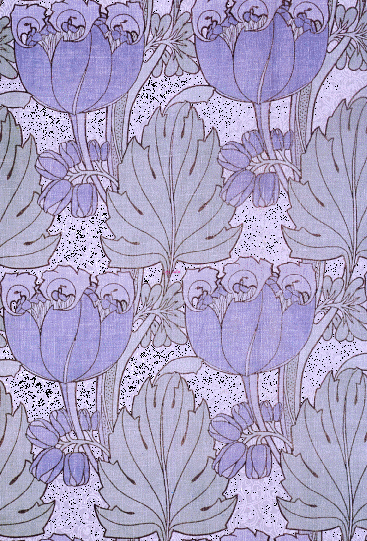Christina Rossetti, "Commonplace" (1870)
 What are features of Christina Rossetti's prose style?
Does it remind you of some of the traits of her poetry, or is it entirely
different? How does the author use imagery to add to the story?
What are features of Christina Rossetti's prose style?
Does it remind you of some of the traits of her poetry, or is it entirely
different? How does the author use imagery to add to the story?- What is the significance of the title? How are the lives represented "commonplace," and
does this render them unimportant in the author's view?
- Do you find the narrator's use of irony and wit effective? What
are some ways in which the story is structured?
- What is the class position of the characters of the story? What
are the economic underpinnings of the plot?
- Does this story seem to reflect the influence of earlier authors
of the century, such as Jane Austen? If so, how does Rossetti resemble
or differ from her predecessor?
- What seems the world-view of the narrator? What values and virtues
does she espouse? How can you tell?
- What function is served by the scenes of amateur theatricals and
the picnic? What purpose is served by the inclusions of Miss Drum in he
story?
- Are there aspects of Victorian society excluded from this tale?
Would you consider the novella a work of social criticism or social satire?
- How does the story end? Are the outcomes for all appropriate? Is
everyone given what he or she desires/deserves/has chosen?
- How does "Commonplace" differ from/resemble other Victorian
fiction you have read?

 What are features of Christina Rossetti's prose style?
Does it remind you of some of the traits of her poetry, or is it entirely
different? How does the author use imagery to add to the story?
What are features of Christina Rossetti's prose style?
Does it remind you of some of the traits of her poetry, or is it entirely
different? How does the author use imagery to add to the story?